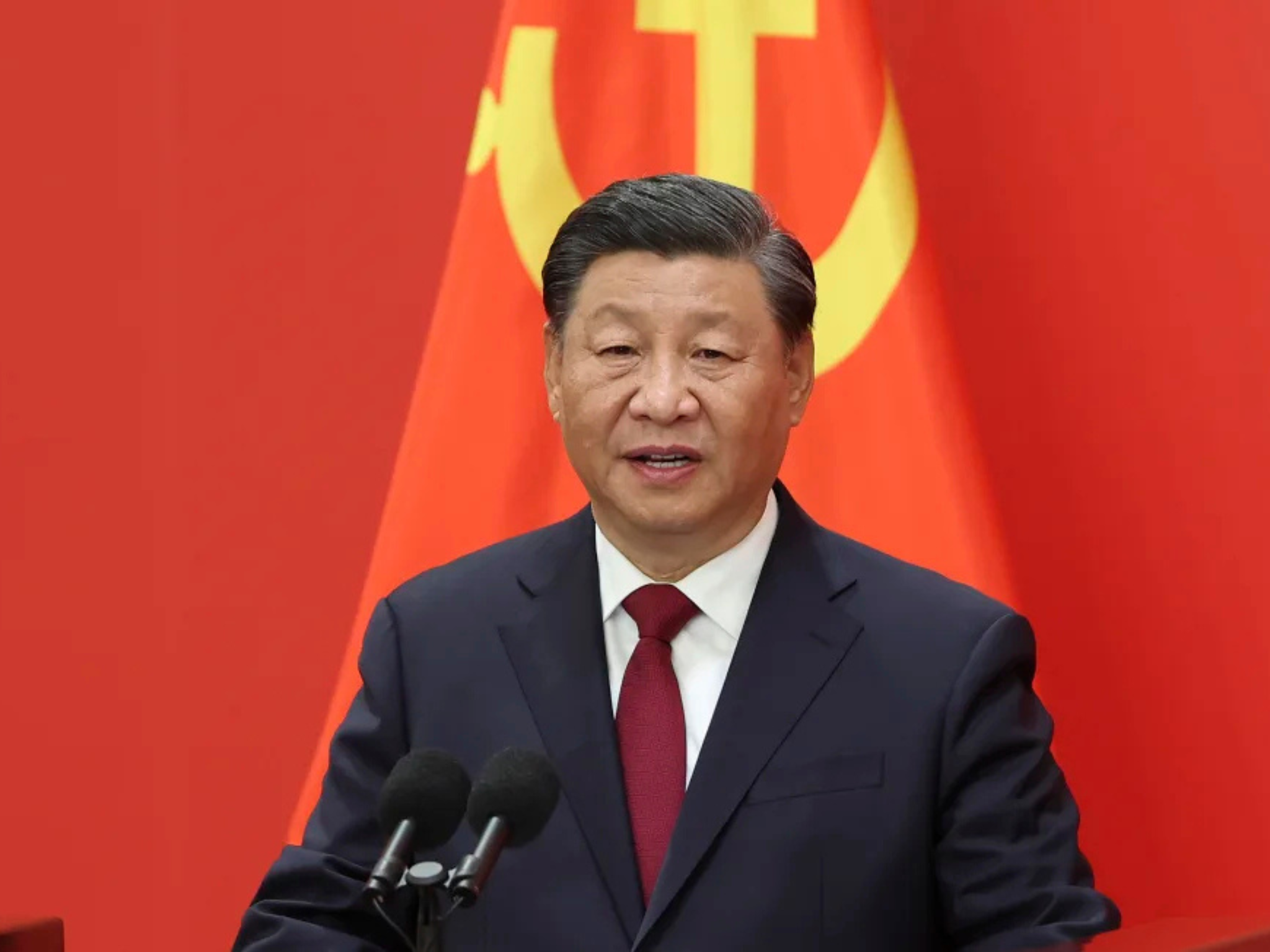Chinese Lawmakers Promote Alternative Protein Policies During Annual Political Summit
5 Mins Read
Chinese government officials have called for a boost to the national biotech capacity and the introduction of a novel food framework at its Two Sessions summit.
Chinese lawmakers have issued calls to speed up the development of its alternative protein ecosystem, with a focus on R&D and manufacturing, IP protection, and regulatory support.
This month’s Two Sessions summit in Beijing convened lawmakers from across the country to ratify legislation, review government work, and set an economic agenda for the forthcoming year.
Preceding the event were several documents indicating the government’s willingness to propel its alternative protein industry to new heights, which analysts saw as a sign of more things to come.
At the summit, some of China’s top government officials proved them right. For example, in his opening day speech to the National People’s Congress (NPC), Li Qiang, the premier of the State Council, called for deeper integration of strategic emerging industries, which included biomanufacturing, according to industry think tank the Good Food Institute (GFI) APAC.
This was followed by calls from several of his deputies who identified parts of the food system where China needed to ramp up its efforts. This included “strengthening IP protections for microbial proteins, leveraging underutilised ingredients like microalgae to help achieve China’s carbon neutrality goals, and redoubling efforts to upskill and grow the domestic future-food workforce”, said GFI APAC.
National and local governments enthused about novel foods

Perhaps the most sweeping statements came from Wei Chen, deputy of the NPC. In his address, he recommended that the country “expand the boundaries of food resources” and promote resource innovation, including “in-depth exploration, nutritional evaluation, and industrial production of alternative proteins”.
He further highlighted the importance of increasing “the policy guarantee for the development and application” of novel foods and developing talent in this industry to upgrade the national food system and improve global competitiveness.
Technologies like gene-editing and synthetic biology could help “create high-nutrition, high-function novel food ingredients”, according to Chen, who promoted multidisciplinary integration to realise the potential of microbial technology for nutrition, health and sustainable development goals.
Additionally, he called upon the National Health Commission and the State Administration for Market Regulation to establish “a flexible regulatory framework” to ensure the safety and traceability of novel food resources, according to GFI APAC. Chen stressed the goal of introducing unified novel food standards “as early as possible”.
It’s not just national policymakers promoting alternative proteins. Provincial and city governments are doing so too. The Suzhou Industrial Park, jointly governed by Chinese and Singaporean officials, this month released its 2025-27 action plans for biomanufacturing food, which state its “intent to obtain cell engineering equipment and microbial identification devices that can help scientists cultivate new food ingredients”, said GFI APAC.
In China’s most populous region, the Guangdong province, local officials are planning to build a biomanufacturing hub to pioneer tech breakthroughs in plant-based, microbial and cultivated proteins. “The officials said that the new hub will be specifically geared towards expanding market acceptance of future foods by enhancing their ingredients, texture, and functionality,” GFI APAC noted.
Meanwhile, the country saw its first alternative protein innovation centre open in Beijing last month, fuelled by an $11M investment from public and private investors to develop cultivated meat and fermentation-derived proteins.
Can the statements turn into reality?

The remarks at the Two Sessions summit are the latest in a long list of policy efforts to put China atop the global alternative protein race.
In an official notice about China’s agricultural priorities before the summit, the Ministry of Agriculture and Rural Affairs (MARA) identified the safety and nutritional efficacy of alternative proteins as a key priority, while research in novel food tech to create the next generation of food was also highlighted.
A week later, the No. 1 Central Document (which signals China’s top goals for the upcoming year), underscored the importance of “building a diversified food supply system”, including efforts “to cultivate and develop biological agriculture and explore novel food resources.”
The following day, a briefing by MARA featured a call to action to “develop new food resources such as plant-based meat”, according to GFI APAC.
The government’s current five-year agriculture plan encourages research in cultivated meat and recombinant proteins, while the bioeconomy development plan aims to advance novel foods too. President Xi Jinping has called for a Grand Food Vision that includes plant-based and microbial protein sources.
Leaders in the US have already highlighted fears of being overtaken by China’s biotech prowess. And experts suggest that for the East Asian country to decarbonise, half of its protein consumption must come from alternative sources by 2060.
How likely are all these statements to become a reality? “After a National People’s Congress deputy puts forward a suggestion during the Two Sessions conference, the Working Committee for Deputies Affairs takes these suggestions and directs them to the relevant government departments for further consideration,” Mirte Gosker, managing director of GFI APAC, told Green Queen.
She clarified that in most cases related to alternative proteins, the relevant department would be MARA. “The exceptions would be for situations like regulatory supervision or judicial affairs, which are instead sent to the National Supervisory Commission,” she said.
“After further study, the reviewing department will provide feedback on the suggestion as to whether or not it will be pursued further, but any deputy suggestions are taken very seriously. That’s why it’s so significant that deputies are lining up to show their support for deeper public investments in protein diversification.”



